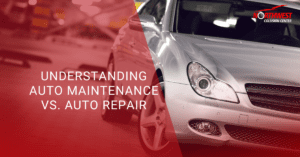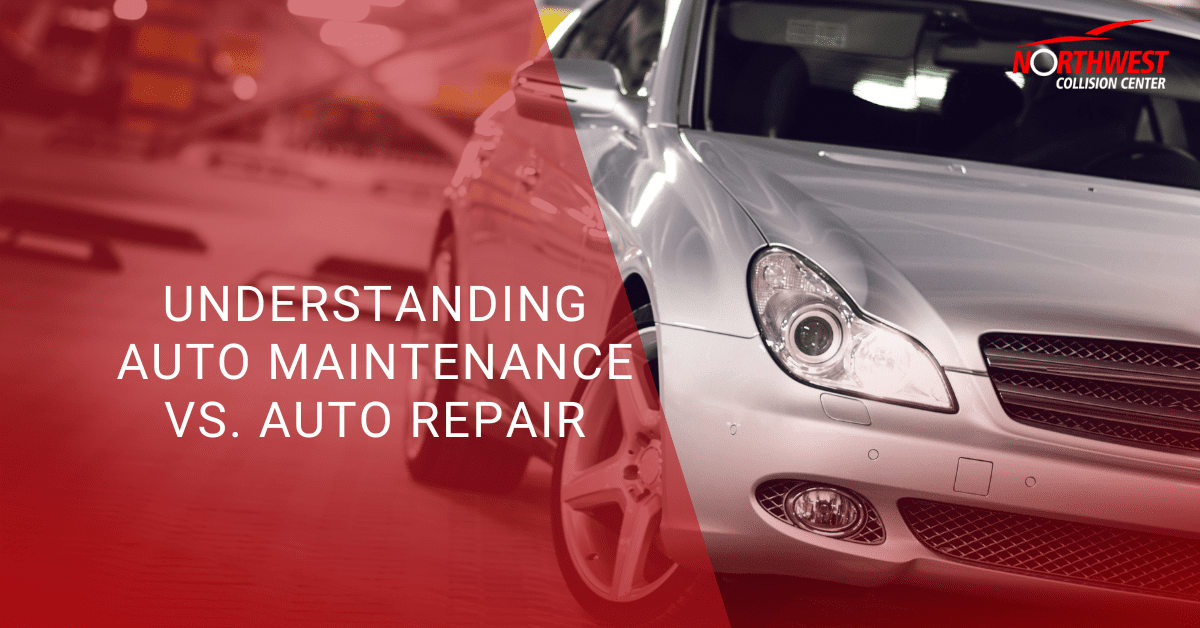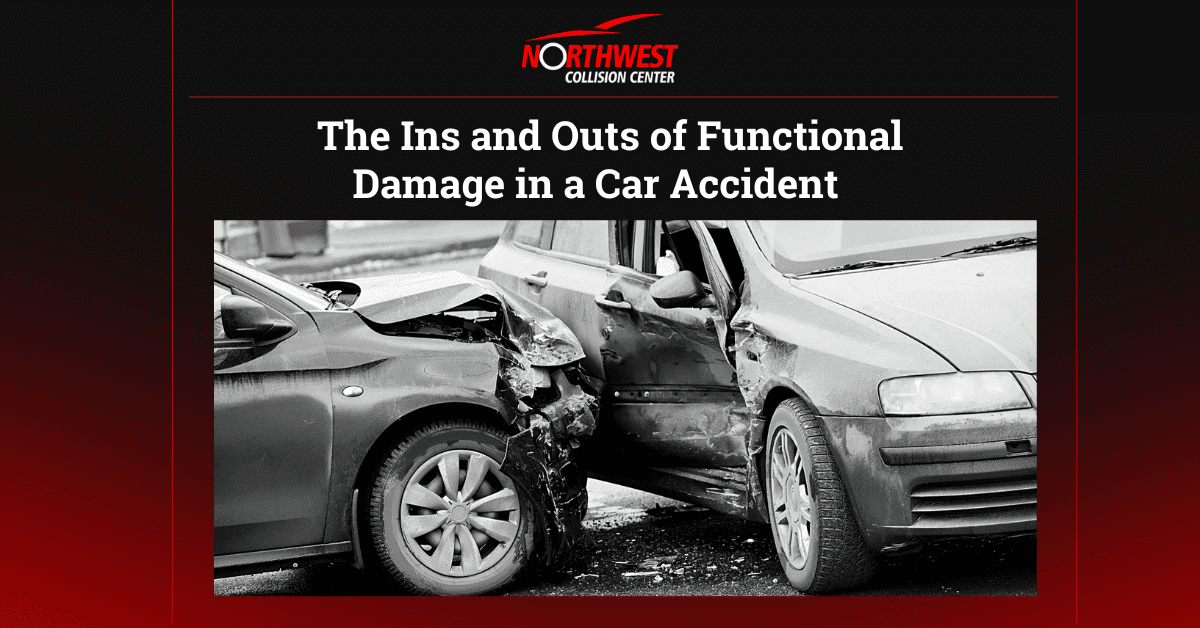Nobody enjoys paying for car repairs, and a bad experience with an auto body shop only rubs salt in the wound. Shoddy work and shady warranty policies can compound expenses and leave you with a bad taste in your mouth. This guide can help you make an informed decision when choosing a repair shop for your car.
1. Reviews
In the Information Age, finding out a firm’s reputation only takes a few seconds. If you’re considering working with an auto body repair shop for the first time, look them up on Yelp, Angie’s List, Google Local, or the Better Business Bureau‘s website and find out what kind of an experience other people have had.
2. Professional Affiliations
Many auto body repair shops are members of certified groups that guarantee a level of quality and professionalism. If the shop is a member of Automotive Service Excellence (ASE), America’s Collision Repair System (ACRS), or the Automotive Service Association (ASA), chances are they are a good choice for your own needs.
3. Store Warranty
Before paying for any work on your car, make sure to inquire about the story’s warranty policies. There’s nothing worse than paying for an expensive repair only to have the problem recur a month later—particularly if you find out that you have to pay for it a second time. Reputable auto body repair shops usually offer either a time or mileage warranty for their work.
4. Protecting Your Existing Warranties
Sometimes, inexperienced or slipshod auto body repair shops will violate the terms of conditions for existing warranties on your vehicle by installing with “aftermarket” or discount parts. Avoid this danger by asking for confirmation that your warranties will not be voided.
Car maintenance is a necessity and accidents happen, but these tips will help you ensure that your auto body repair shop will provide you with solutions rather than adding to your problems.










